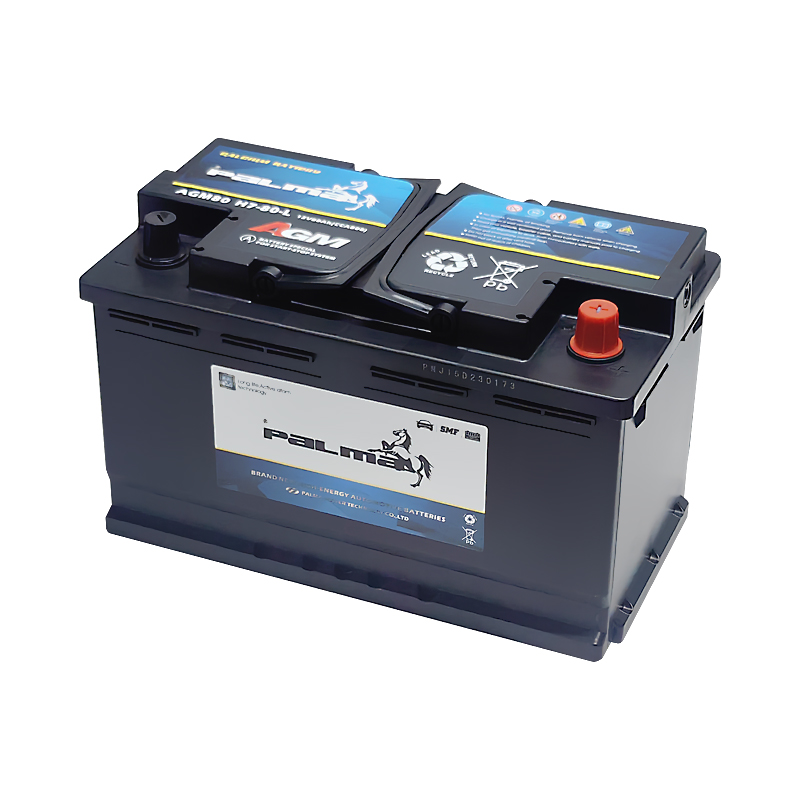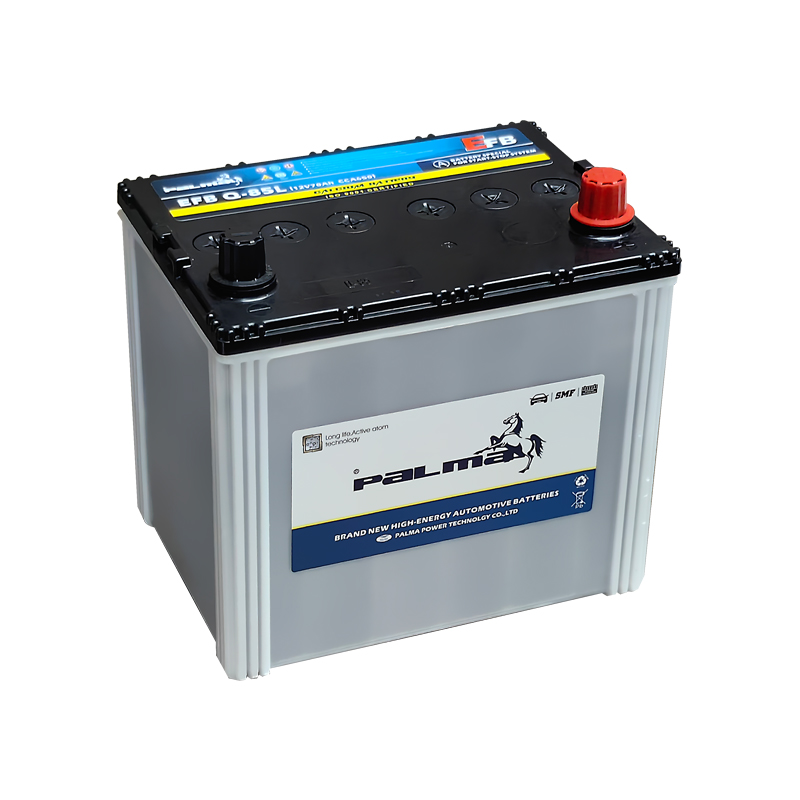As environmental awareness grows and the automotive industry evolves, energy efficiency and emissions reduction have become global priorities. Stop-start systems, which help reduce fuel consumption and emissions, are now widely used in modern vehicles. To support this technology, two main types of stop-start batteries have emerged: AGM (Absorbent Glass Mat) and EFB (Enhanced Flooded Battery) car batteries. Understanding their development and differences can help consumers make an informed choice for their vehicles.
The Development History of Stop-Start Batteries
The concept of stop-start systems dates back to the 1970s, aimed at reducing fuel consumption and emissions during engine idling. However, as technology advanced and environmental regulations tightened, stop-start technology transitioned from being a feature in high-end vehicles to becoming more mainstream. Traditional car batteries couldn't handle the frequent cycling required by stop-start systems, leading to the development of specialized batteries, namely AGM and EFB batteries.

AGM Stop-Start Battery: Designed for High-Performance Systems
The AGM stop-start car battery was developed in the 1980s to meet the demands of more stringent operating conditions. It uses absorbent glass mat technology, where the electrolyte is absorbed into fiberglass mats. This design not only enhances the battery's resistance to vibration but also significantly improves its longevity and stability during high-frequency stop-start cycles.
AGM batteries are designed to handle rapid charging and discharging, making them ideal for high-end vehicles equipped with numerous electronic devices and more complex stop-start systems. Due to their superior performance, AGM batteries have become the preferred choice for many premium automotive manufacturers.

EFB Stop-Start Battery: A Cost-Effective Option
The EFB stop-start car battery is an enhanced version of the traditional flooded lead-acid battery. It was developed after the AGM battery to meet the market demand for a more affordable stop-start battery option. EFB batteries are specially designed to handle frequent stop-start operations better than conventional batteries. While they don’t offer the same level of performance as AGM batteries, they provide a more cost-effective solution.
The strength of EFB batteries lies in their ability to offer longer cycle life compared to standard flooded batteries, all while being more competitively priced than AGM batteries. This makes EFB batteries a popular choice in the mid-range market, especially for consumers who are budget-conscious.
Key Differences Between AGM and EFB Stop-Start Car Batteries
Technology: AGM batteries use absorbent glass mat technology, whereas EFB batteries are optimized versions of traditional flooded batteries.
Lifespan: AGM batteries excel in high-frequency stop-start cycles, offering a longer lifespan. EFB batteries, though not as durable as AGM, still outperform standard flooded batteries.
Cost: AGM batteries are priced higher due to their superior performance and complex manufacturing process. EFB batteries, with lower production costs, are more budget-friendly.
Application: AGM batteries are primarily used in high-end vehicles that demand higher battery performance, while EFB batteries are widely adopted in the mid-range market.
Conclusion: Choosing the Right Stop-Start Battery
When deciding between AGM and EFB stop-start car batteries, vehicle owners should consider their specific needs and budget. If your vehicle is equipped with numerous electronic devices or frequently drives in urban settings, an AGM battery is likely the better choice. For those with vehicles used mainly for daily commuting, an EFB battery offers an economical solution. Understanding the differences between these two types of batteries will help you choose the best battery for your car, ensuring a longer battery life and enhanced overall vehicle performance.

